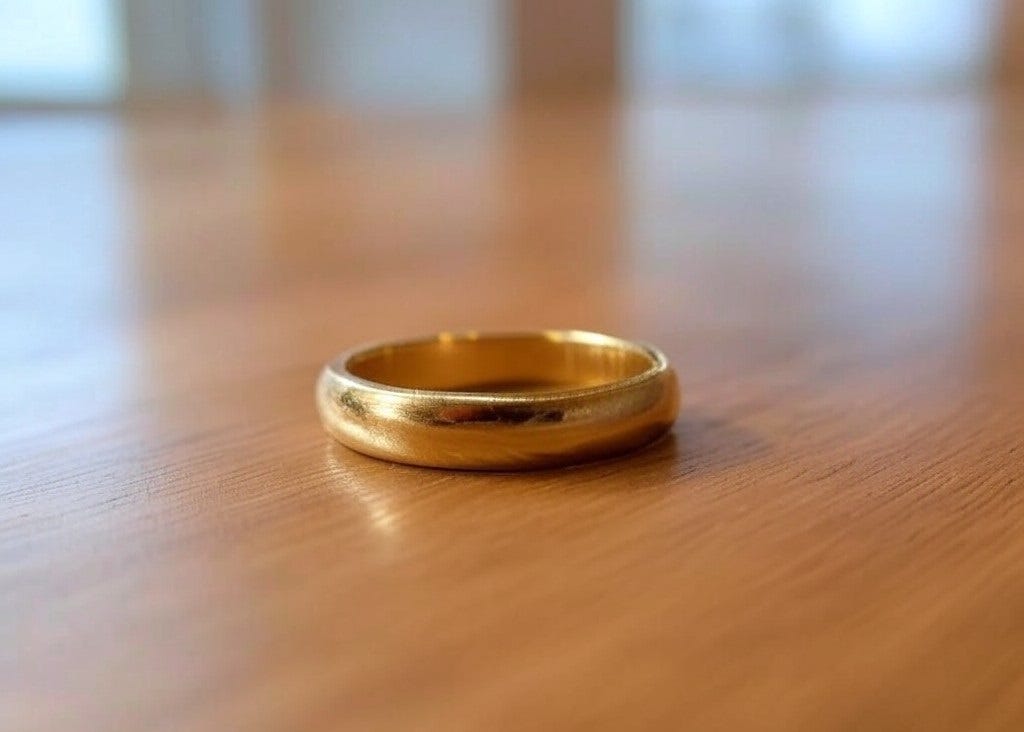Temporal Matrimony
Marriage has historically served as a safeguard for women's social and economic value. In an era when child-rearing was central to societal stability, it was widely accepted that a woman's peak fertility and beauty were typically in her early 20s. Marriage functioned as a contractual assurance, ensuring that women would remain supported even as they transitioned beyond their prime years of beauty and fertility - a stage during which their opportunities within the social sphere often became noticeably diminished. For men, this was regarded as a worthwhile commitment, as their wives were perceived to embody physical and spiritual purity, enabling deep emotional bonds and unwavering loyalty.
However, in modern mainstream culture, many women have moved away from traditional aspirations. A significant number either choose not to have children or find themselves struggling to attract the calibre of men they might have appealed to in their early years - partly due to an ingrained inclination towards hypergamy that has not adapted to the current societal climate. This often presents a dilemma - to proceed independently, reinterpreting past decisions to align with a perceived "fulfilling path" or to "settle" with a man they might not have considered to be "suitable" in their youth.
Contemporary perspectives often frame early commitment as an unwise choice, yet it remains one of the most advantageous investments for many women. The crux of the matter lies not in the act of commitment itself, but in one's perception and discernment when selecting a suitable spouse during this pivotal phase. By choosing a compatible spouse in one's early to mid-20s, a woman has the opportunity to grow alongside her husband, fostering a relationship that may align in increasingly complementary ways by their 30s. While not assured, the likelihood of such synchronicity is significantly increased. Younger relationships also tend to be characterised by less pretence and a greater degree of trust and intimacy - qualities that may explain why many are drawn back to early loves after the dissolution of later relationships.
In contrast, relationships formed later in life frequently involve individuals who are more entrenched in their personal habits and ideals - potentially making compromise and alignment more challenging.
It is an interesting space.

